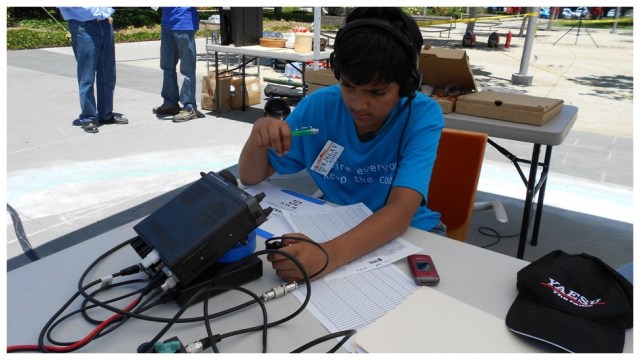Understanding the Religious View of Freedom and Kindness

Religion starts with the view that we are torn between good and evil. There is a definitely a good core, but it’s permanently tempted. And so what the individual needs is a structure which will constantly try and tug a person back towards the best of themselves. Religions do not see that effort of tugging that person as an infringement of liberty.
In the modern world, in the secular world, we think, if anyone tells me something that I should do that person is taking away my freedom. That freedom means being able to do anything. The religious view is, freedom means being able to do those things which are most in line with the highest vision of ourselves. So in other words, it is not freedom to stop someone being an alcoholic. Right? In the religious point of view just stop someone injecting heroine and destroying themselves is not a limit to freedom.
Now, in the secular world, we’re really cut up and slightly confused about this. We sort of think that it might be an infringement of liberty to do this. But as I say, the religious world view does not believe this. Freedom is about realizing our highest possibilities. And anything that helps us to do that is not a limit to freedom.
So what do we think about being kind? What religions want to do is remind us of how kind we want to be. When people get married, for example, on the first day of their marriage, they want to be kind. By the 20th year of their marriage, they’re snapping at each other, they’re not being particularly kind. Why? All sorts of things, residual anger, frustration, etc. Religions would try and remind that couple that they wanted to be kind. Not to limit their freedom, but to remind them of their best selves.
In Their Own Words is recorded in Big Think’s studio.
Image courtesy of Shutterstock




